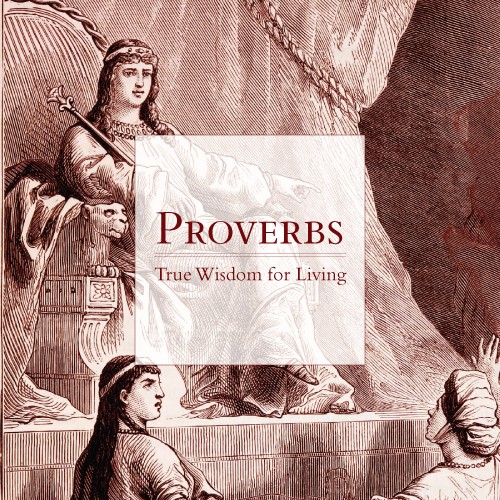
Abounding in Love
Tim Keller | September 2, 1990
Overview
The last chapter of Jonah is a surprise chapter. It’s the most surprising ending of any of the books of the Bible. If you gave this whole chapter a title, you might call it “The Incredible Collapse of Jonah.” Why would a preacher get exceedingly angry when, as a response to his preaching, he’s actually turned a culture away from violence, oppression, and wickedness to the living God?
The incredible collapse of Jonah is because of a misunderstanding of God’s love.
There are several lessons we can learn, but one is that God’s love is a patient love. Fruitful Christians like Jonah can fall back into old patterns of sin and self-deception, but only the patient love of God stands between them and oblivion. God’s patient love will always bring his children back.
Why is God’s patient love not more operative and powerful in our lives? How can God’s patient love be more powerful and operative in our lives? Let’s look at four things we can do: 1) Examine your heart, 2) Confess sin, 3) Make sure you realize God’s patient love is the thing that will keep you out of despair, and 4) Seek reality.
Outline
Jonah 4:1–11
The story of Jonah shows us Jonah wasn’t too happy about God’s mercy on Nineveh, even after getting them to change their ways. This story shows us that we can often misunderstand God’s love, and that it’s important for us to recognize our weaknesses and listen to God. It also shows us that sin is always around and we need to be careful not to fall into its trap.
1. Check your heart
God asks Jonah to think about why he’s angry, hinting that he might be putting his own wishes before his relationship with God. This shows us that sin often starts within us, so we need to check what’s going on in our hearts. If being a Christian feels boring or hard, the issue isn’t with the faith, but with what’s in our hearts. So, it’s important to regularly check in with ourselves.
2. Admit your sins
Admitting our sins means we have to be honest about them and take responsibility, which often means talking to someone else. Jonah’s story isn’t like a hero’s tale – he openly admits his wrongs, even if it makes him look bad. Just like Cain didn’t want to admit his jealousy, we need to be brave enough to name our sins, tell God and others about them, and accept responsibility.
3. Know that God’s patient love will keep you from losing hope
Getting to know God’s love is a journey. It starts with knowing in our minds that God’s love is patient and unending, even when we don’t deserve it. But it doesn’t stop there – we need to experience it for ourselves. Sometimes, we might have doubts or questions because we don’t fully understand God’s love yet. But once we truly get it, it gives us comfort, certainty, and a strong hope.
4. Pursue truth
Experiencing God’s grace and strength in our lives requires effort, like exercising a muscle. If we don’t pray, turn away from sin, spend time with other believers, and live rightly, we might start to feel weak. So, it’s important to seek God, admit our sins, keep each other accountable, and remember God’s patient love when we turn away from our sins. We should aim for sincere faith, not just pretending. Taking part in the Lord’s Supper is a public way of saying we believe, and it’s for those who are willing to admit their weakness, identify with Jesus, and give up their sins.




